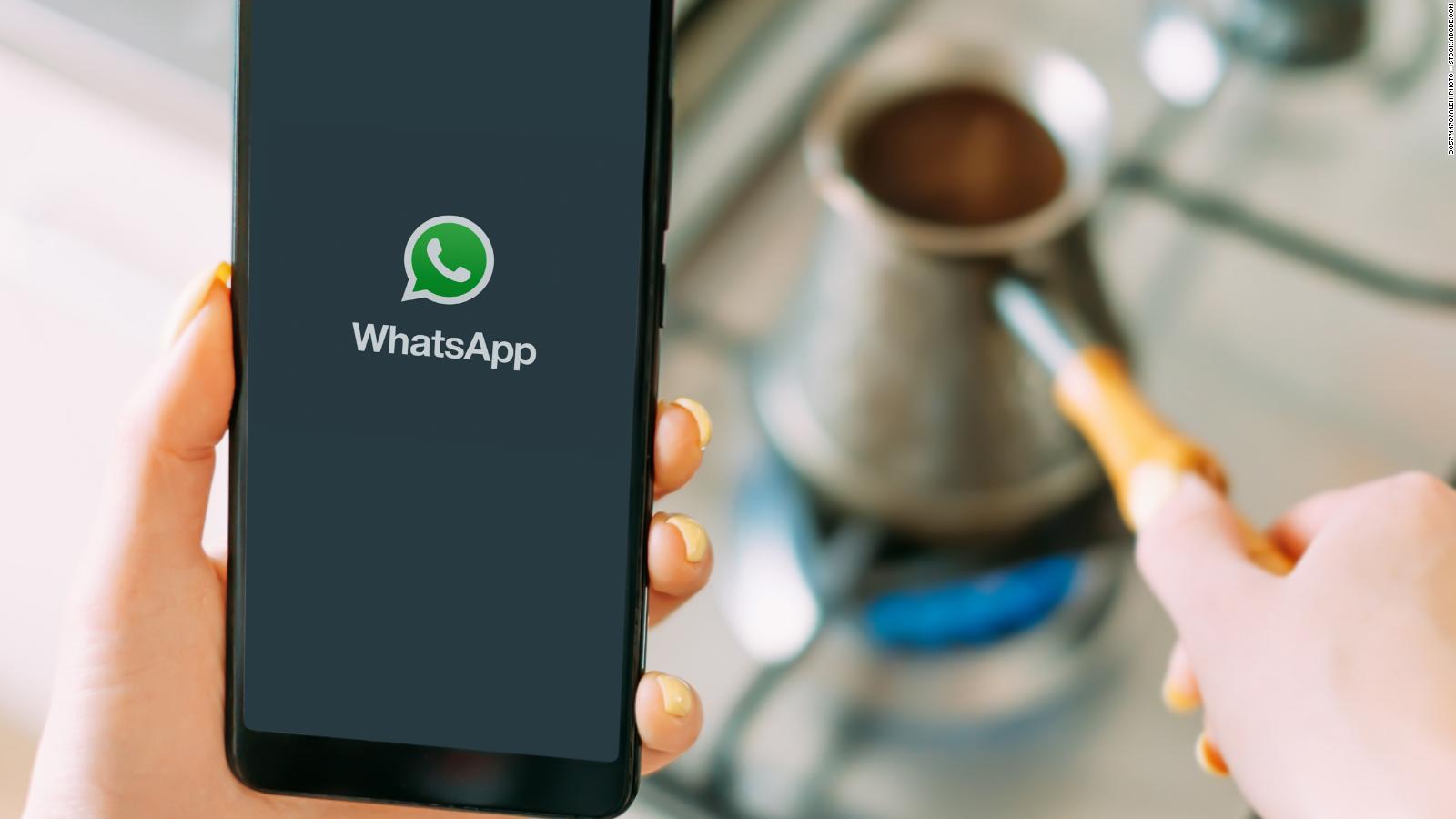Many of us need to drink coffee, tea, and even an energy drink to get through the day and not fall asleep after noon. But couples trying to get pregnant should cut back on caffeine, as years of research support the idea that caffeine and fertility treatments aren’t a great mix.
The advantages of giving up coffee: Caffeine and Assisted Reproduction
Caffeine stimulates the nervous system, which is why many people have a cup of coffee first thing in the morning.
It also causes an increase in heart rate and blood pressure and can affect metabolism by increasing urine output. None of these facts are recommended during pregnancy, so if having a baby is your goal, the less caffeine the better.
Many scientists have studied the effects of caffeine on both male and female pregnancy and fertility, and the overwhelming consensus is that it’s best to avoid mixing caffeine and fertility treatment.
In a study of couples undergoing cycles of IN VITRO FERTILIZATION (IVF), when the man drank three or more cups of coffee a day, couples were half as likely to get pregnant as when the man drank less than one cup of coffee a day.
In another study, when the couple drank three or more caffeinated drinks a day before pregnancy, they were nearly twice as likely to have an early miscarriage. The same study found an increased risk of miscarriage for women who consumed more caffeine during pregnancy.
In general, it can be said that the abusive consumption of caffeine has a negative influence on the factors that affect reproduction as well as the normal development of pregnancy.
Scientists aren’t sure why caffeine consumption could affect fertility, but animal studies suggest it could inhibit egg maturation and alter endometrial implantation, possibly through its effects on blood pressure. Caffeine can also be metabolized differently during pregnancy and can cross the placenta and can affect a growing baby.
If you are unsure, ask FERTILITY SPECIALIST.
* Certified Fertility Specialist
Facebook and Instagram: Gynecology and Fertility Ensenada
Contact: +52 1 646 237 0803
–


:quality(80)/cloudfront-us-east-1.images.arcpublishing.com/lanacionar/BADTIZNBBZA4NPQLVKZ3FRGLIA.jpg)